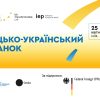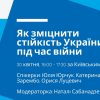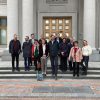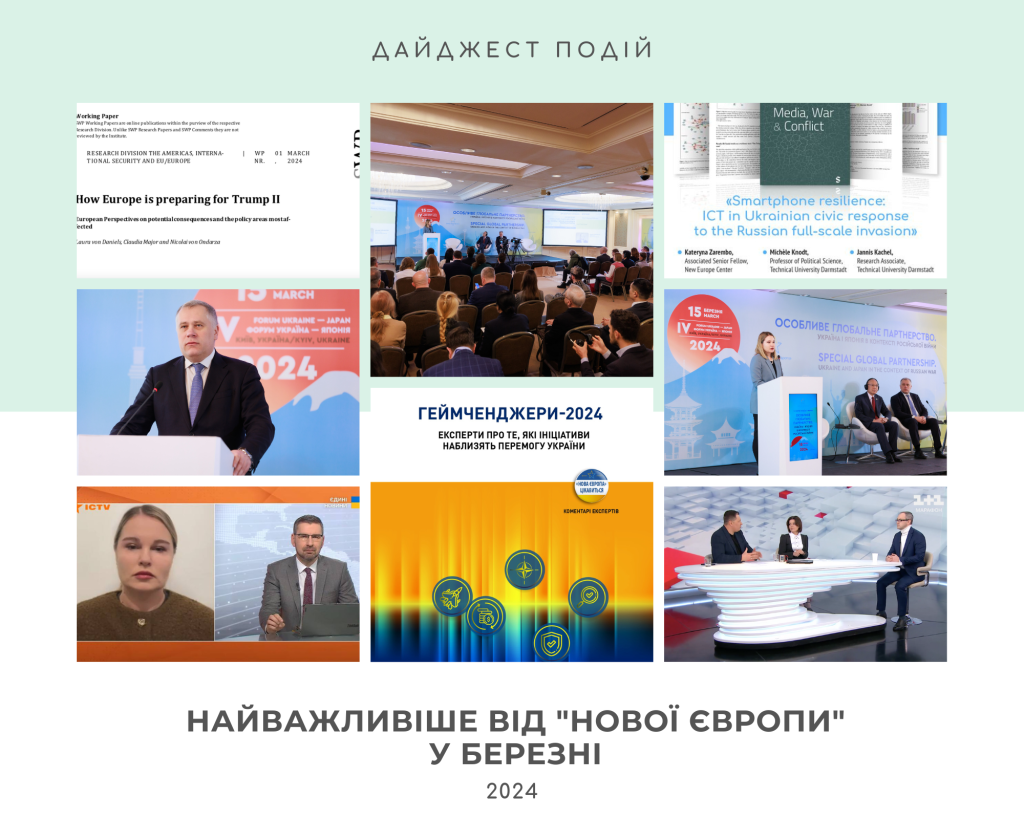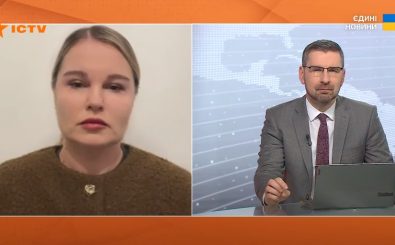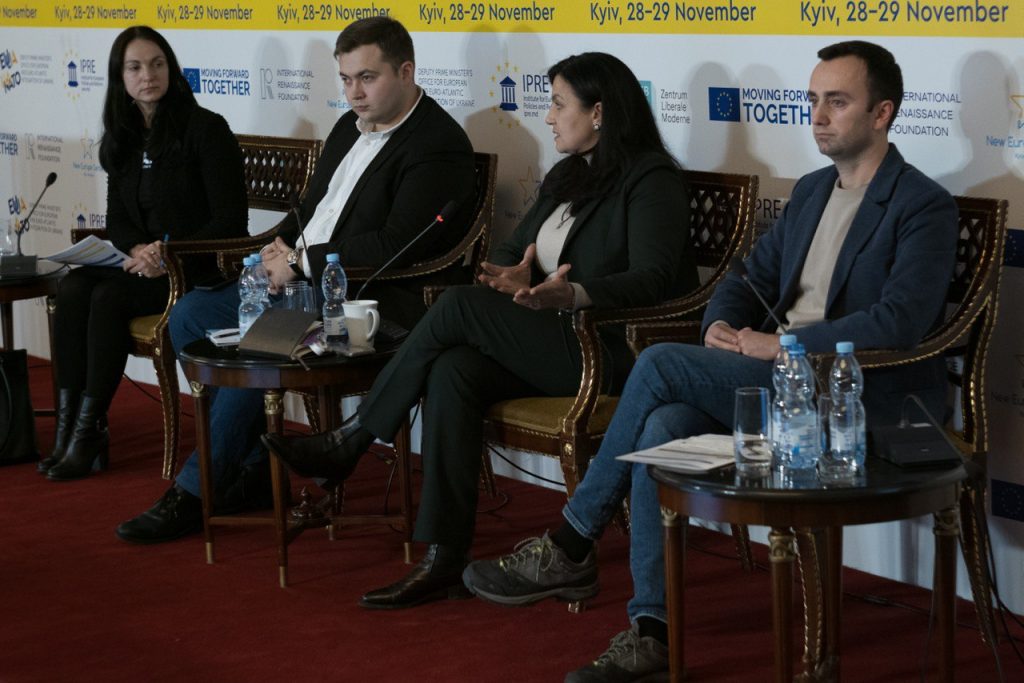
We bring to your attention the key messages of the speakers from the Session 3 of the 1st Accession Exchange Forum “Parliaments’ role in the accession process: political consensus on accession reforms as a driver of success”.
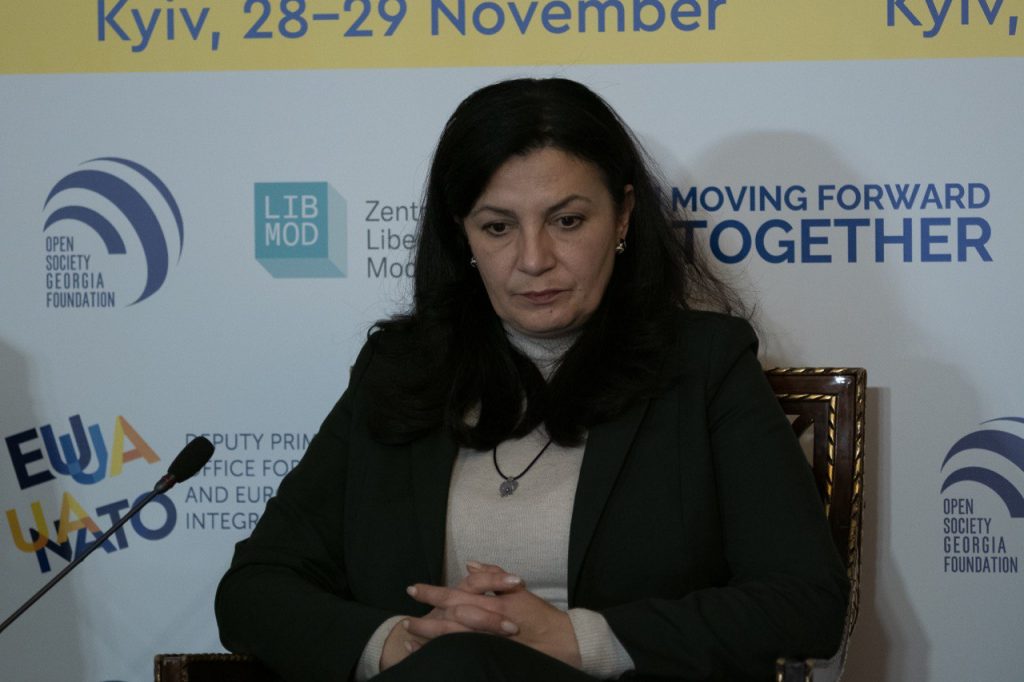
Ivanna Klympush-Tsyntsadze, Chairperson of the Committee of the Verkhovna Rada on Ukraine’s Integration into the European Union:
- We can reach serious results when we unite our forces. That is exactly what happened when the Office of the President, Cabinet of Ministers, NGOs, and MPs worked together, providing a great opportunity for us to get candidate status in June.
- Ukraine is taking a huge speed with which the state is trying to achieve seven conditions accompanying the decision on candidate status. I would welcome the speed if we were not losing some of the quality. This is a big mistake to underestimate the quality component.
- Ukraine does not have clear benchmarks for each of the seven conditions from the European Commission by which it will be judged. We know from our visa-free experience: there was always a temptation from the EU side to add additional requirements we had to fulfil.
- Our task is to carry reforms out not only quantitatively but qualitatively. We are in such a drastic existential war that we have no right to manipulate. Unfortunately, some of these tiny cheating things are still happening. For example, the rules for the NABU Director competition were changed.
- We are interested in being assessed by the EU in the best way. But when we have tiny cheating things carrying out reforms, we`ll finally not get the expected result. A lot has been done, but a lot still needs to be done.
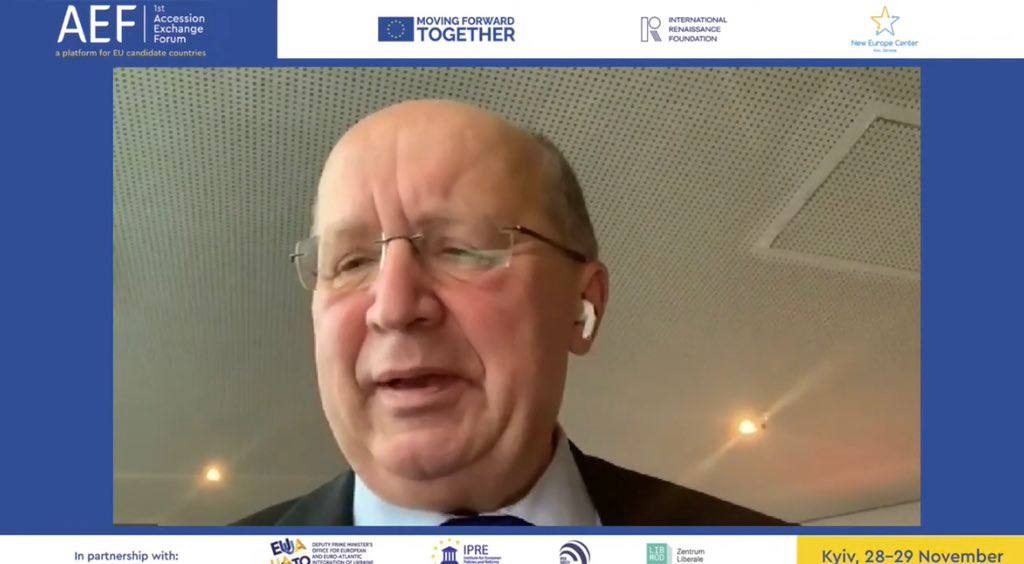
Andrius Kubilius, Member of European Parliament, Prime Minister of Lithuania (1999-2000; 2008-2012):
- The EP resolution on terrorism can open the doors to follow on the EU level with some kind of legal regulation that Americans have. In that case, seizing Russian frozen assets would become much easier. I hope we’ll push a special resolution in the EP on the tribunal. And, of course, our dream to have Ukraine as a member of the EU and NATO demands from us very active steps.
- That is why we created a parliamentarian network ‘United for Ukraine’ where we have more than 400 MPs (both former and current ones). I am sure that parliaments are the most important political bodies.
- I know how much Rada is devoted to EU integration agenda. Of course, we are focusing now on the priorities to win the war. And because of this, the West needs to give Ukraine weapons, weapons and weapons! But the second priority is the European integration.
- The reason why Putin started the war was not to allow Ukraine to become a successful European country with integration towards the EU. So, EU needs to answer to that with a clear agenda of Ukraine’s integration. That is what we are pushing in Berlin, Paris, other capitals.
- Parliaments are the most important instrument to convince partners in the EU (Spain, the Netherlands, and others). At the end, for the integration towards the EU there will be a need for political approval in all the capitals. Parliamentarians are the best players for this very big challenge.
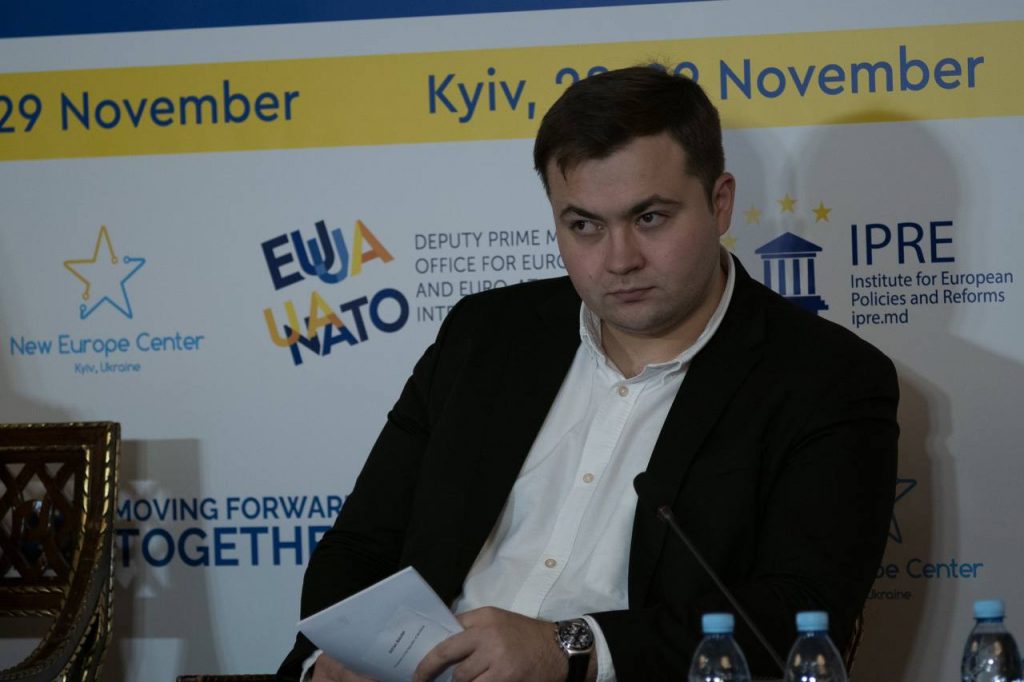
Adrian Balutel, Member of the EU integration Committee of the Parliament of the Republic of Moldova:
- Despite the small differences that might occur in between countries on the political level, one thing is certain: we should move towards the EU altogether. And I’m happy that despite some minor ups and down, it was true for Moldova and Ukraine, and we moved together. I hope Georgia will have an opportunity to catch up.
- Moldova has no political consensus in the parliament (there are two Russian proxy parties and the majority Party of Action and Solidarity). Two proxy parties are openly against the European path of the Republic of Moldova. That is a sad reality we have to work with.
- What the parliament together with the President and the government are trying to do is to build and maintain a societal consensus. This work is in progress. We try to involve as many civil society organizations as possible.
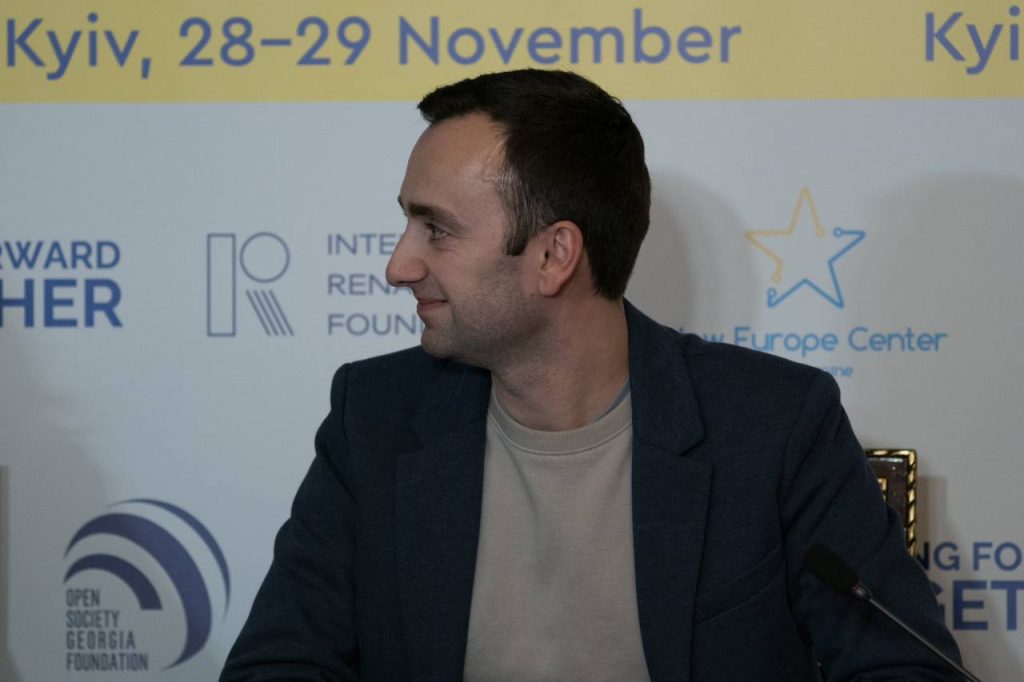
Levan Makhasvili, Head of the Speaker’s Cabinet, Parliament of Georgia:
- Georgia is progressing on the EU road. And this is not just my words. You can look at international rankings, open budget, ease of doing business, and effectiveness of public institutions and see proof of this. The EU agenda usually facilitates these reforms, but more importantly, these reforms are implemented with strong political will from the government of Georgia.
- Despite the disappointment about the candidate status for Georgia, we cherish the EU perspective, and this has been a hugely historic decision. For many of us, it was beyond a dream, obviously. But this moment has come so quickly due to the heroic fight of Ukraine. We are acting on how we can move on to make this dream come true.
- Georgia is committed to EU integration, and we see Europe as a community of values and, at the same time, as a choice, a solution, and a key to modern challenges.
- If you ask me if Georgia is already ready for EU membership, I will say no. The European Parliament can criticize Georgia, but we do a lot of things and that is normal because Georgia is in transition country. We make mistakes, not crimes. But we get up and move on. Because if we don’t get up and don’t move on, the geopolitical sharks sailing around will swallow us. This is the Georgian reality.
- The real problem for Georgia is radicalization rather than polarization. Radicalization is when political actors don’t recognize democratic institutions such as elections or the parliament, the legitimacy of your opponent, which means that they don’t engage and build consensus. In this highly radicalized political environment, if consensus is imperative, it may lead to nowhere. The solution to that problem is for the responsible actors to sit down and build consensus, sometimes ignoring radical opponents.
Video recording of the Forum is available here: 1st day and 2nd day.
The Accession Exchange Forum is organized by the New Europe Center in partnership with the Office of the Deputy Prime Minister of European and Euro-Atlantic Integration of Ukraine, the International Renaissance Foundation, the Institute for European Policies and Reforms and the Soros Foundation in Georgia. The Accession Exchange Forum is taking place with EU support, within the EU-funded EU4USociety project implemented by the International Renaissance Foundation.



